
By Michele Diomà
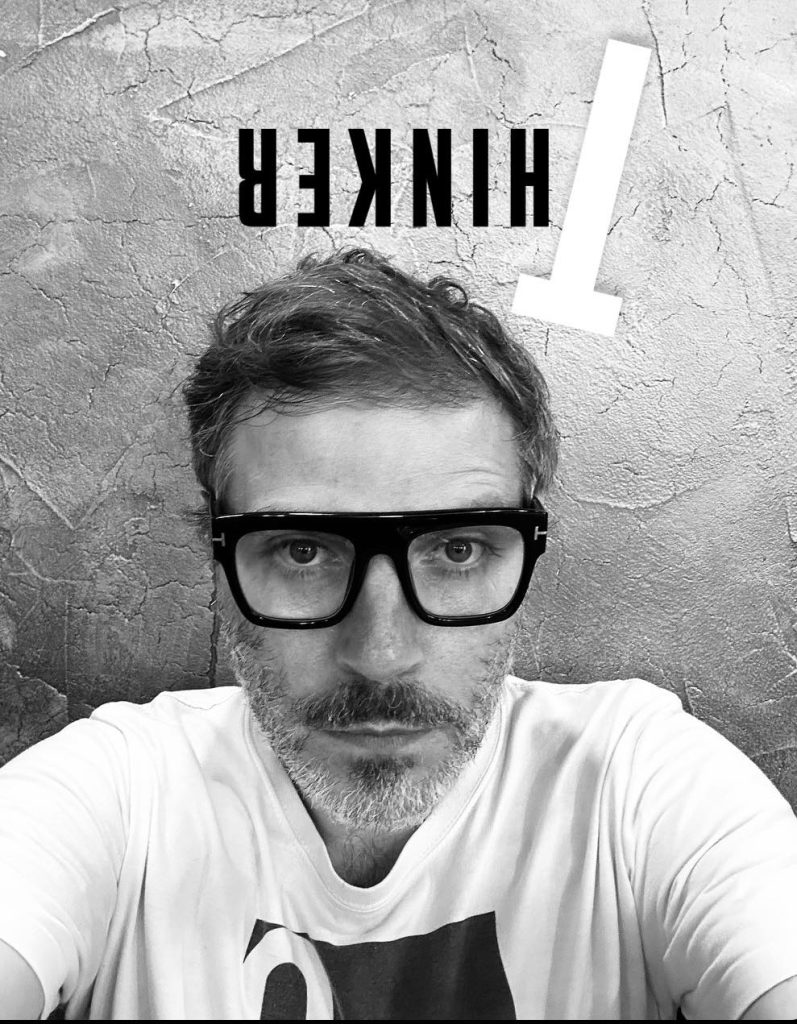
It’s very difficult for me to write the introduction to this interview because it feels like a dream come true and sometimes, sharing one’s happiness can feel almost too personal. But WILD FILMMAKER is, above all, an international community of people who love cinema, and being able to welcome an artist like Paul Haggis into our Community today is a major milestone for our entire movement.
I have studied and admired Paul Haggis for over 20 years, and I consider him one of the most versatile artists cinema has ever known.
Dear friends of WILD FILMMAKER, starting today, enjoy this exclusive interview with a true master of the Seventh Art!
-Who is Paul Haggis today?
Good question. I think I am the same person I’ve always been, someone who struggles daily to find a good story and tell it well, only to realizes that I haven’t and rewrite it dozens of times. At some point I hopefully shoot it, and if I am successful, live regretting that I didn’t rewrite it more, or direct it well, so i choose not to watch it until i’ve totally forgotten it and can maybe appreciate it.
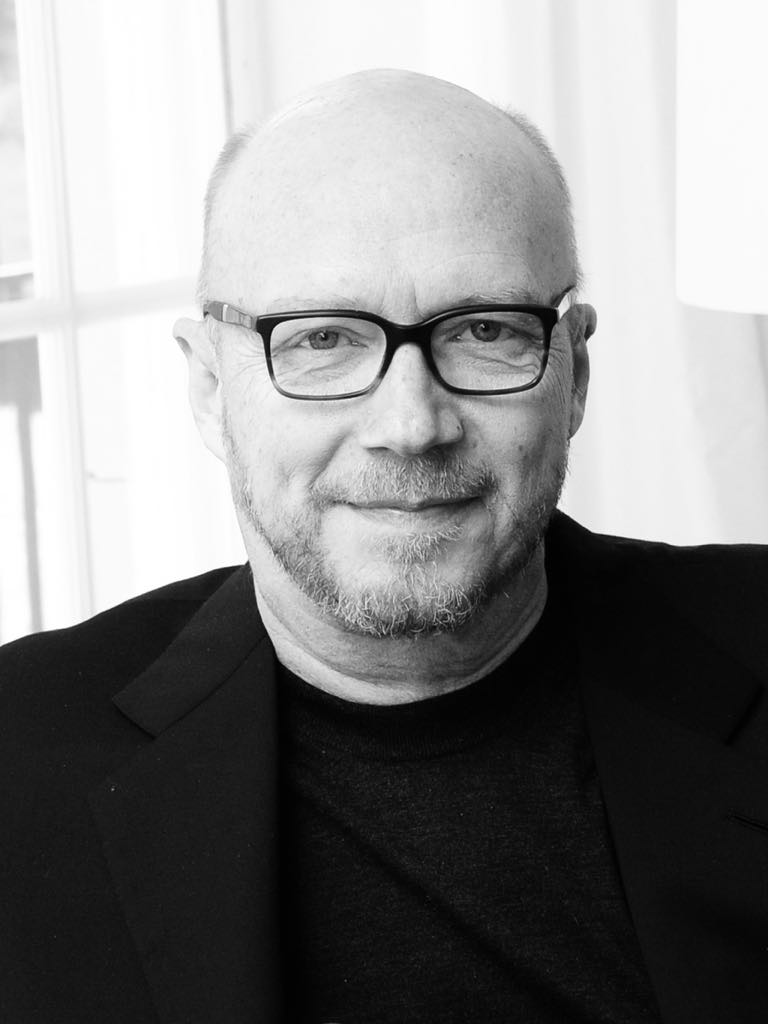
-When I was a film student in Rome, I wanted to study the screenplay of Million Dollar Baby in every detail, but the internet was still in its early days, and I couldn’t find it anywhere in Italy.
So I had a strange idea: I decided to transcribe the entire screenplay by hand into a notebook.
To accomplish this, I watched the film at least 200 times.
Where did that masterpiece of pain and poetry come from?
What a great way to do it. Reading a script is okay, but by writing it out you come to understand it intimately, in the act of creation, as paradoxically in mimicry we learn how to create something original. It is something I always suggest and no one does. Million Dollar Baby came from a book of short stories that I found by FX Toole, a former fight trainer. After getting the rights, I struggled for a year to write the screenplay, combining characters from multiple stories and creating what i could not unearth. After that year and many drafts I realized I had failed, so I gave the screenplay to my great friend Bobby Moresco and he told me I was just trying to use too much and as a result was diluting its power. He sat with me and gave suggestions as I stripped it down and focused on Maggie and Frankie, taking Scrap from another story and creating that relationship in order to allow us to get into Frankie’s mind, and to use him as a narrator. Every decision for technique has to have an emotional reason, you cannot just use something like narration as a crutch. When I came upon the idea that Scrap was actually writing a letter to Frankie’s estranged daughter, a letter he knew she would likely never read, I found my emotional reason, which gave the narration a purpose, depth and meaning.
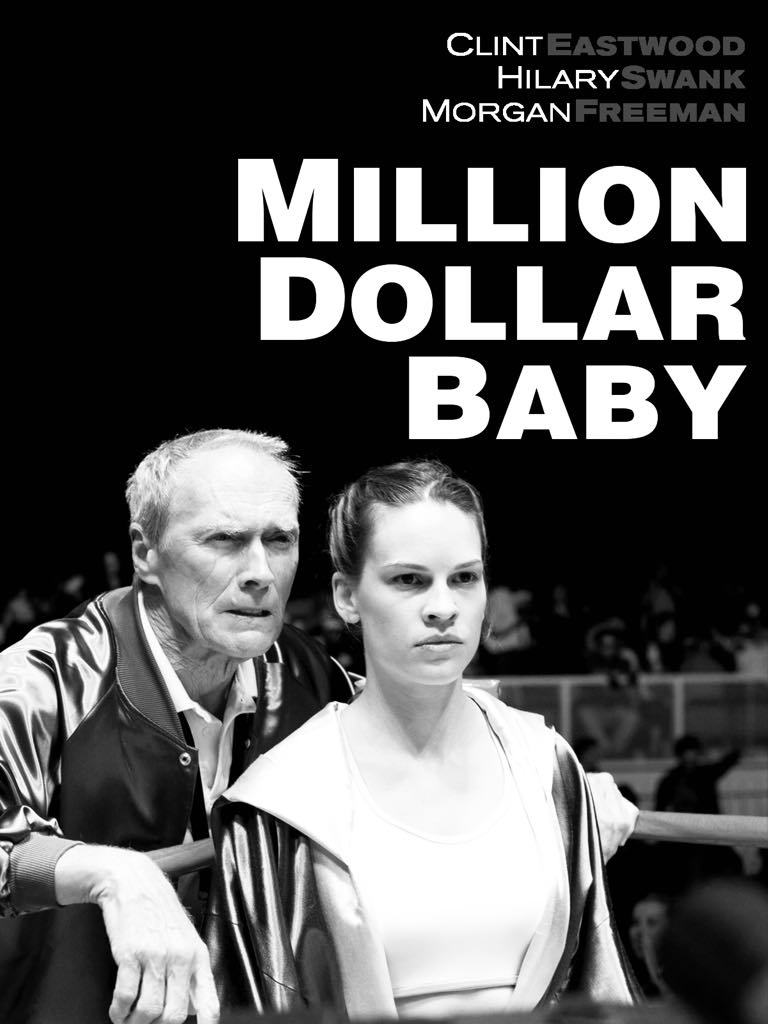
-What was your relationship with Clint Eastwood like during the making of Million Dollar Baby?
Clint was the perfect collaborator. He read the draft I sent him and wanted no changes – a very rare thing. He shot exactly what i wrote. I visited the set, being a producer, to watch him. I learned so much from that experience, lessons I use every time I direct myself. I learned to embrace the mistakes, because the mistakes make it human.
-Before you started directing films, you wrote many screenplays — which ones are you most attached to?
I had one terrible experience with a film I co-wrote and directed called Red Hot. What I learned was sadly that you should only work with producers you trust, as they butchered the film in editing and I never watched it after a first viewing. My second screenplay was Crash, which I directed. Next was Million Dollar Baby, a terrific experience. i have since written for other directors, like Casino Royale, and there I had the happy experience working with Martin Campbell, who didn’t change a word of my script. The next Bond script i wrote was a very different experience, as the director decided to rewrite it himself. It was during the Writers strike, so hard to blame him, but as a result Quantum of Solace turned into a hodgepodge when it started out as a very good screenplay, just not one i think he understood, or perhaps it just took too many risks. In general i would say i like directing what i write. if someone is going to screw it up, it should be me, so I have no one else to blame.
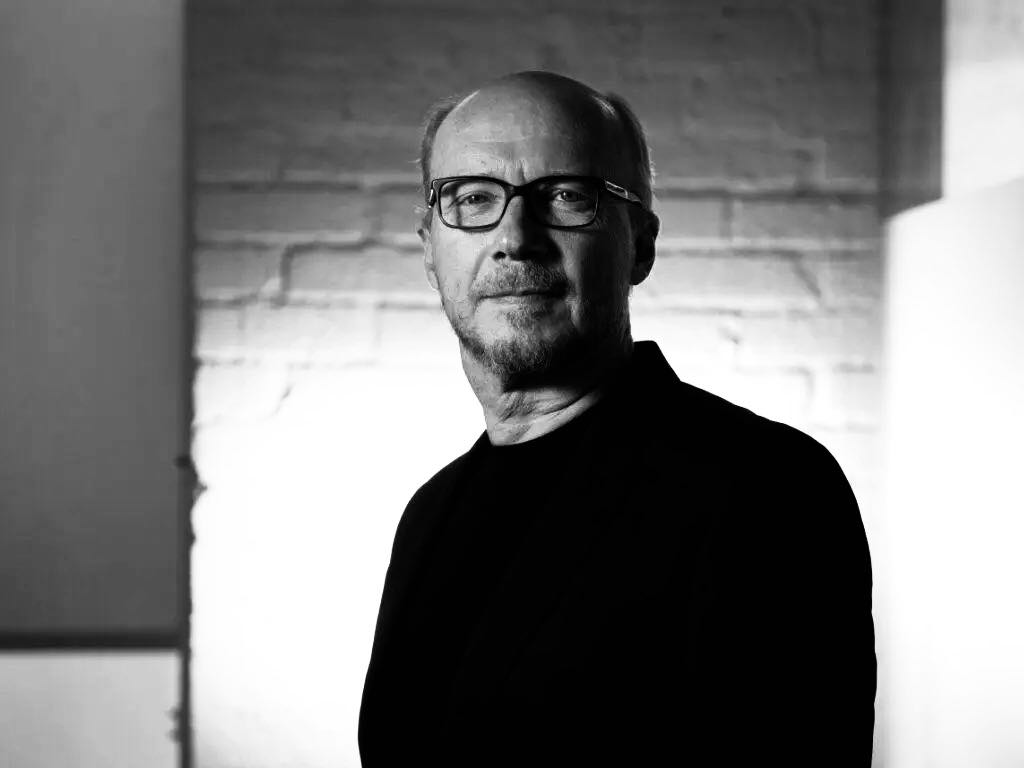
-Crash triumphed at the Oscars despite being an independent film — a result that echoes the recent success of Anora by Sean Baker. Do you think the Hollywood film industry today is more open to recognizing and rewarding independent works compared to 20 years ago?
No. Sadly the industry always believes that wonderful independant films like Anora are an anomaly, and the only trust tried-and-true formulas, no matter how often they are proven wrong.
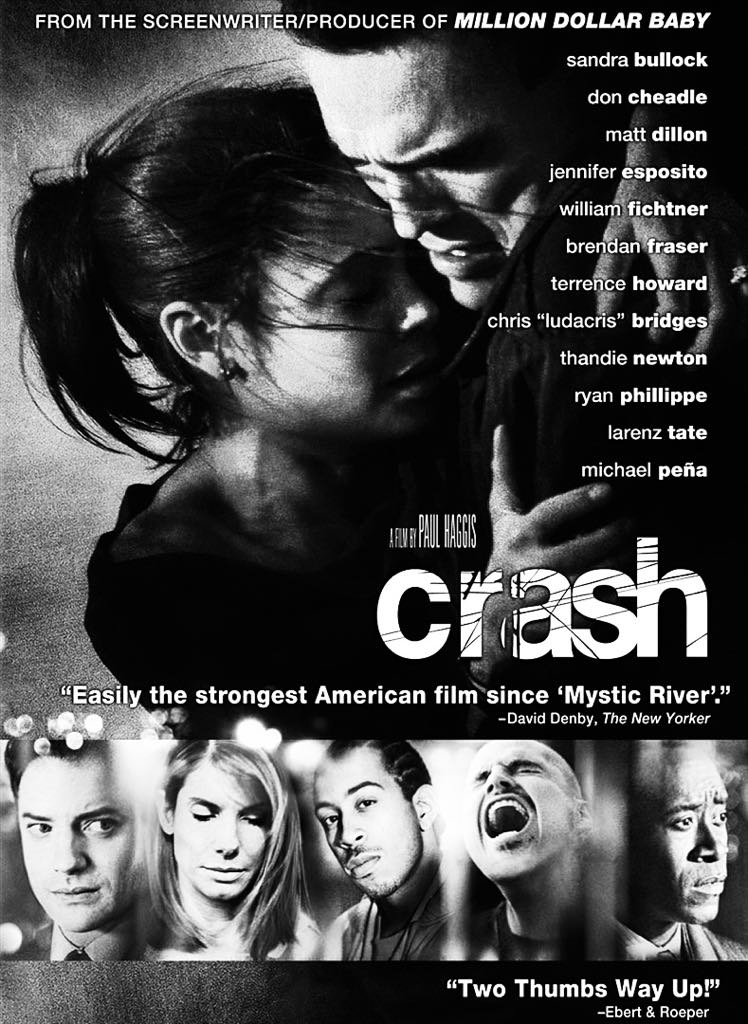
-In recent years, you’ve often been in Italy — what do you think about the history of Italian cinema?
I grew up on Italian cinema and the French new wave, and I adored both. I can revisit those films from the masters time and time again and always learn something new and see something that I did not realize was hidden within them. Sadly usually something that was obvious to others.
-What do you dislike about the world and what would you change?
As people, we are selfish, short-sighted and generally damn stupid, and I count myself among them. I only wish we had more compassion and refused to marginalize those we don’t understand. I was raised Catholic, but since a young boy have always wondered why Christians pay no attention to the words of Christ. RIght now we are living in a world of extremes and extremists of any flag only like to hear that they are right in their thinking. Questioning is everything, most especially questioning ourselves, but something we rarely do. Curiosity about why someone would disagree with you is also not in vogue. What is in vogue is identifying with a group, whatever that is, and moving in lockstep with them, agreeing with whatever they post on social media. Truly independent thought is as rare today as it has ever been in history.
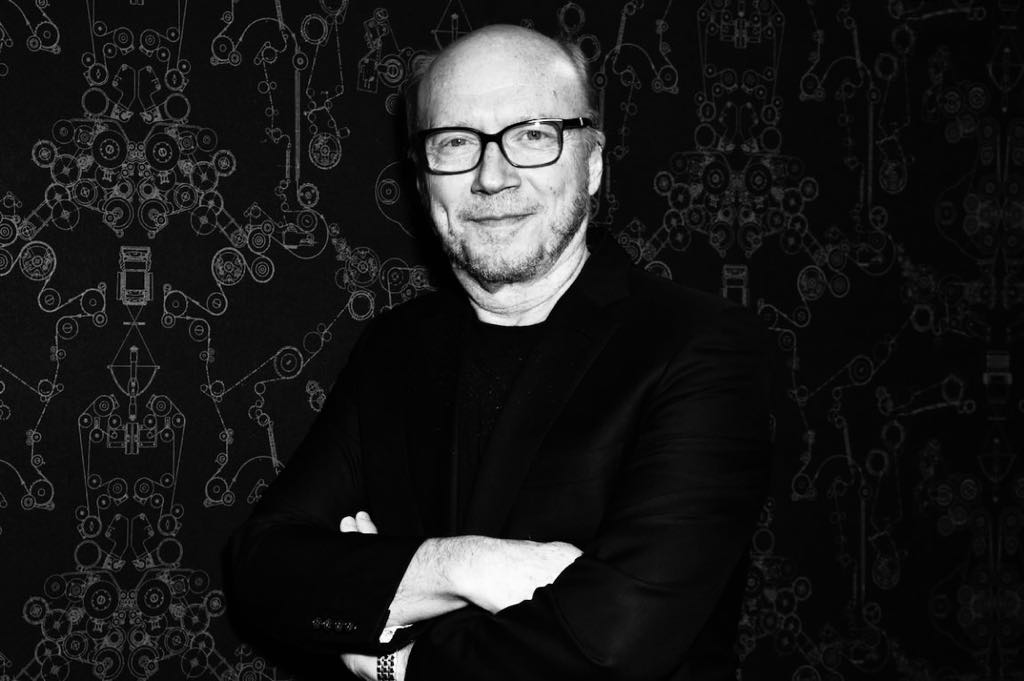
-How do you imagine cinema in 100 years?
Remind me to answer that in a hundred years and i will have a much better idea.
-What is your impression of WILD FILMMAKER?
I am looking forward to discovering more about it.
